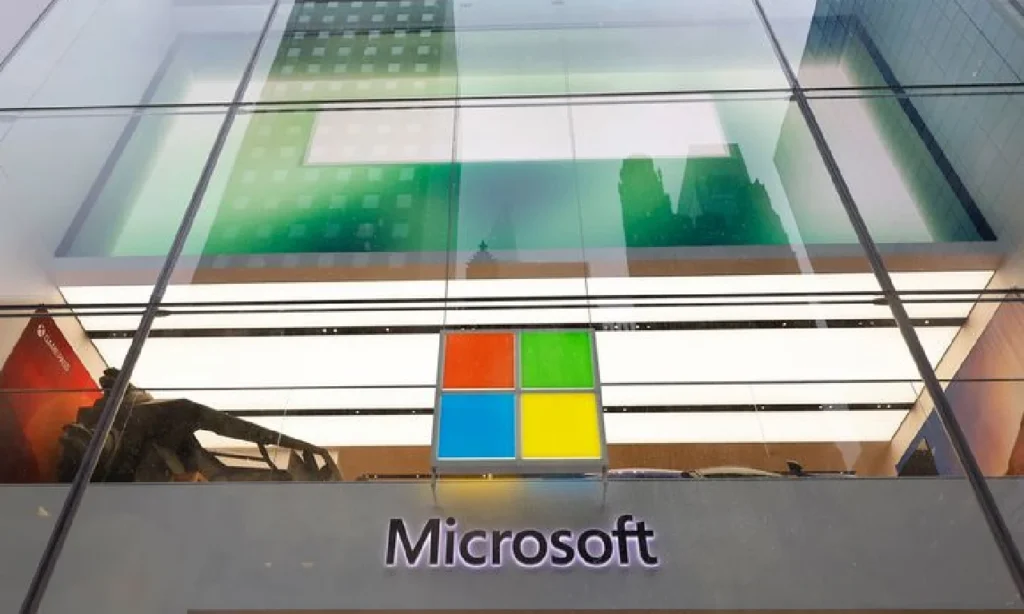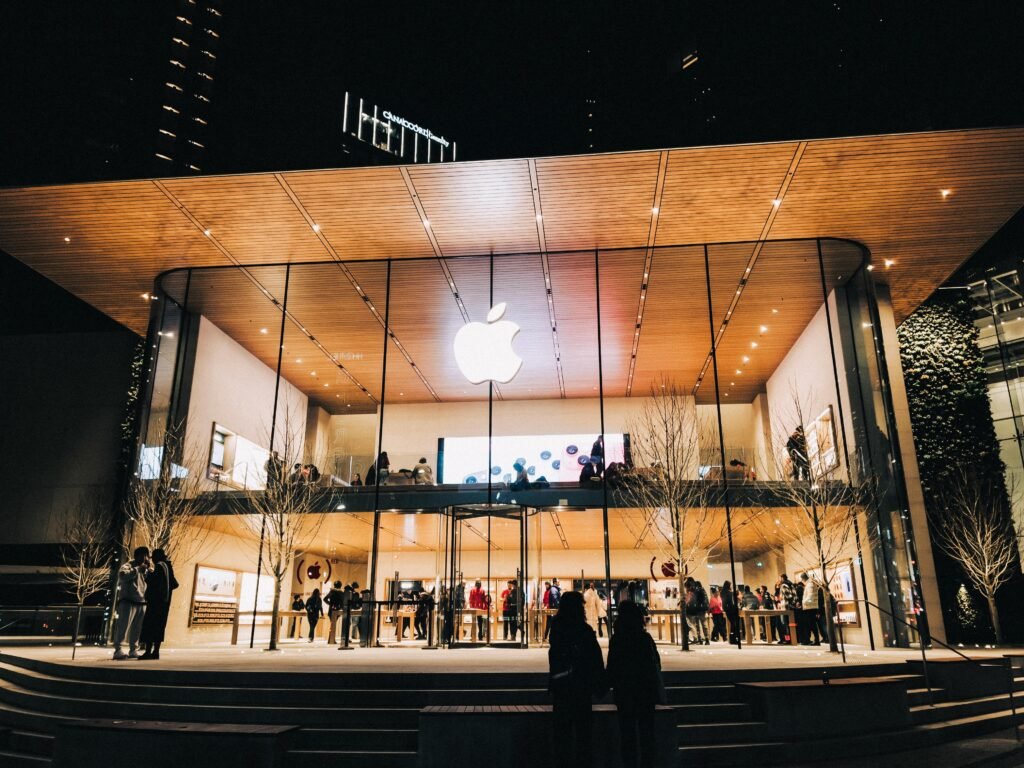Introduction:
In the relentless pursuit of dominance in the artificial intelligence (AI) landscape, tech giants are increasingly seeking strategic partnerships and investments to gain an edge. Microsoft’s recent move to acquire a stake in an Abu Dhabi-based firm signals a significant escalation in the global AI race, particularly in competition with China.
Microsoft’s recent announcement to invest $1.5 billion in a technology company backed by the United Arab Emirates adds another layer to the unfolding narrative of geopolitical competition in the AI domain. This landmark deal not only signifies a significant financial commitment but also includes an intergovernmental pact aimed at ensuring artificial-intelligence security, particularly in the context of the intensifying rivalry between the United States and China for influence in the Gulf region.
In recent years, relations between the United States and the United Arab Emirates have experienced strains, largely due to Abu Dhabi’s deepening ties with China and its technology firms. Against this backdrop, the agreement between Microsoft, one of America’s foremost tech giants, and the Abu Dhabi-based G42 signals a noteworthy pivot toward Washington for the Gulf state.
G42, headquartered in Abu Dhabi, has emerged as a leading player in the AI landscape, with a strong focus on sectors such as healthcare, oil and gas, and finance. Microsoft’s decision to invest in G42 not only reaffirms its commitment to expanding its footprint in the Middle East but also reflects its strategic imperative to counterbalance China’s increasing influence in AI.
As the global AI race intensifies, partnerships and investments of this nature will continue to shape the contours of geopolitical competition and technological innovation. With the Gulf region increasingly becoming a focal point in this contest, the Microsoft-G42 deal underscores the complexities and implications of alliances in the unfolding dynamics of AI dominance.
China has been aggressively investing in AI research and development, aiming to become the world leader in the field by 2030. With massive government support and a vast pool of talent, Chinese tech companies have made significant strides in AI innovation, posing a formidable challenge to Western counterparts.
Microsoft’s partnership with G42 can be seen as a strategic maneuver to counterbalance China’s AI ambitions. By leveraging G42’s expertise and resources in the Middle East, Microsoft aims to strengthen its global AI capabilities and gain a competitive advantage in key sectors.
Moreover, the partnership aligns with Microsoft’s broader strategy of fostering collaboration and innovation in the AI ecosystem. By working with local partners like G42, Microsoft can tap into regional knowledge and insights, enabling it to develop tailored solutions that address specific challenges and opportunities in the Middle East market.
The stakes in the AI race are high, with implications not only for economic competitiveness but also for national security and technological sovereignty. As AI technologies increasingly underpin critical infrastructure and decision-making processes, countries and companies are vying for dominance to shape the future of AI governance and standards.
In this context, Microsoft’s investment in G42 can be viewed as part of a larger geopolitical chess game, where alliances and partnerships are crucial in shaping the trajectory of AI development. By strengthening its ties with key players in the Middle East, Microsoft aims to counterbalance China’s influence and maintain its position as a global leader in AI innovation.
However, the AI race is far from over, and the dynamics of competition are constantly evolving. While China remains a formidable competitor, other players, including the United States and European Union, are also investing heavily in AI research and development.
Ultimately, the future of AI leadership will be determined by a combination of factors, including technological innovation, regulatory frameworks, and international collaborations. Microsoft’s partnership with G42 is just one move in a complex game of strategy and ambition, but it underscores the growing importance of alliances in shaping the future of AI on the global stage. As the AI race heats up, expect to see more strategic investments and partnerships as companies and countries jockey for position in this critical domain of innovation and competition.




